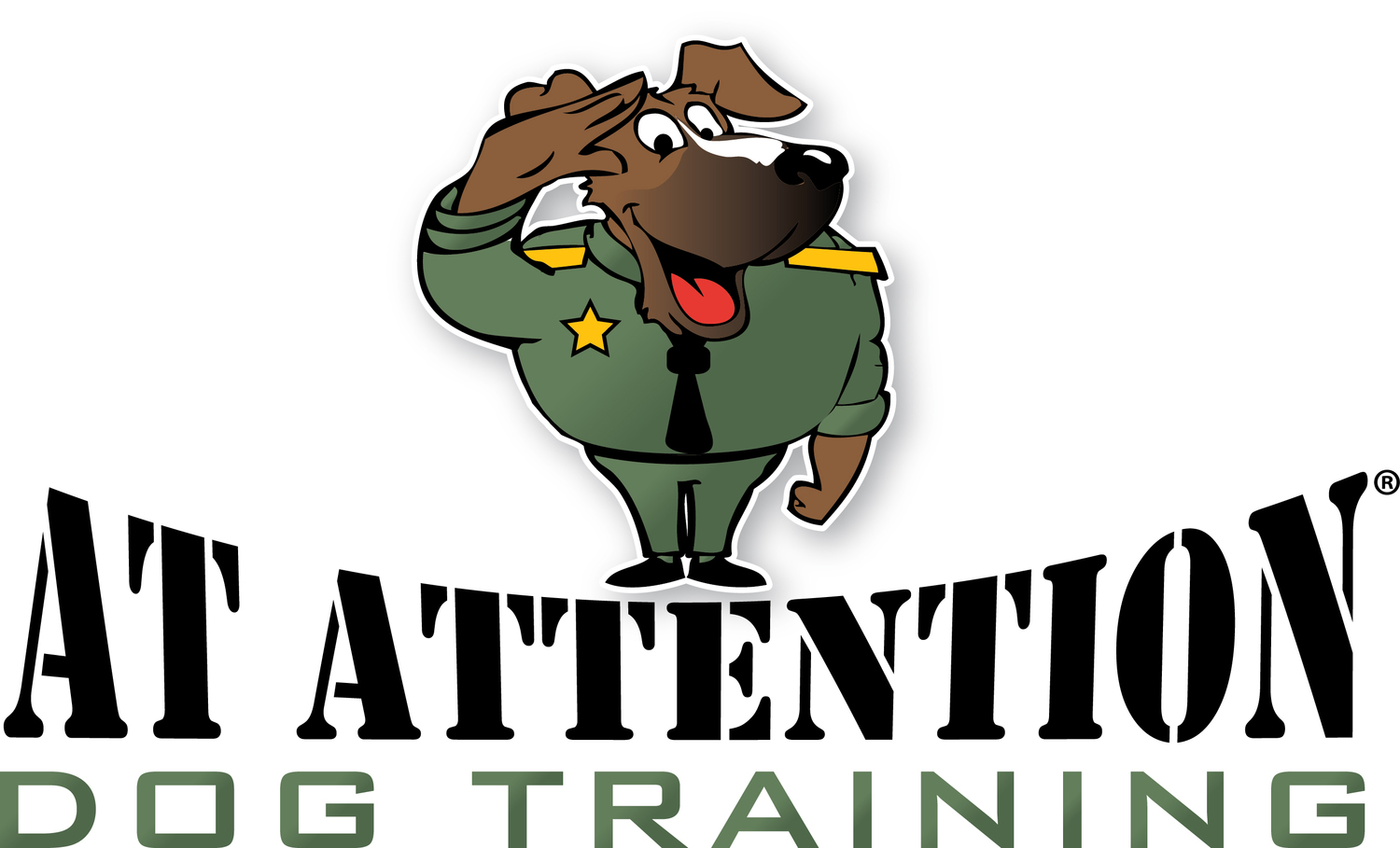One of the most fundamental concepts in animal training is finding something that the animal wants. With dogs, food is usually a good place to start. Most dogs are food motivated, which means they are highly likely to do something in response of a food reward. Finding the right motivator for the right exercise is often the difference between a good dog trainer and a great one! All dogs are different! Some like food, some like toys, others enjoy doing the task and no motivator is needed. It all depends on the dog and the 'thing' you are asking the dog to do.
Think of this example, imagine I asked you to run 5 miles. Now, what if I told you I would pay you 5 dollars for doing it. Would you do it? most would probably say no. Unless, you were a person who loved running, then you would do it because it is self-rewarding. But if you are like the rest of us, doing that amount of work for only $5 dollars hardly seems worth it. But what if I offered you $100,000 dollars? Would you run a mile then? Most people would have already put their shoes on. This is what motivators are like for dogs. When we are training dogs, we are asking them to do things and the dog requires payment for the action. It is up to the handler (or trainer) to use the proper motivator to get the desired results.
If we try to teach a dog to recall and he isn't very food motivated, training treats will likely not work. Maybe a filet mignon would do the trick, but that seems ridiculous. So, perhaps that particular dog is motivated by toys or a tennis ball. So, what If we teach him to recall using a tennis ball reward? Now we are on to something... Does that dog like the sound of toys and squeakers? If so, get a ball that has a squeaker in it. Oh boy! this is getting good for the dog now.
So, now that you found something that is highly motivating, how do you use it properly? Well, the trick is to only give the dog access to the motivator when he does an action that you are asking him to do (such as come, sit, down, etc.). Avoid falling into the temptation of giving the dog access to this ball simply because you love your dog and want them to feel good. If you give out this high-value-reward 'willy nilly' then it will begin to lose value. With dogs, high-value-rewards are very valuable to us as dog trainer's because we can use them to get dogs to do just about anything by using positive based, force-free training.




